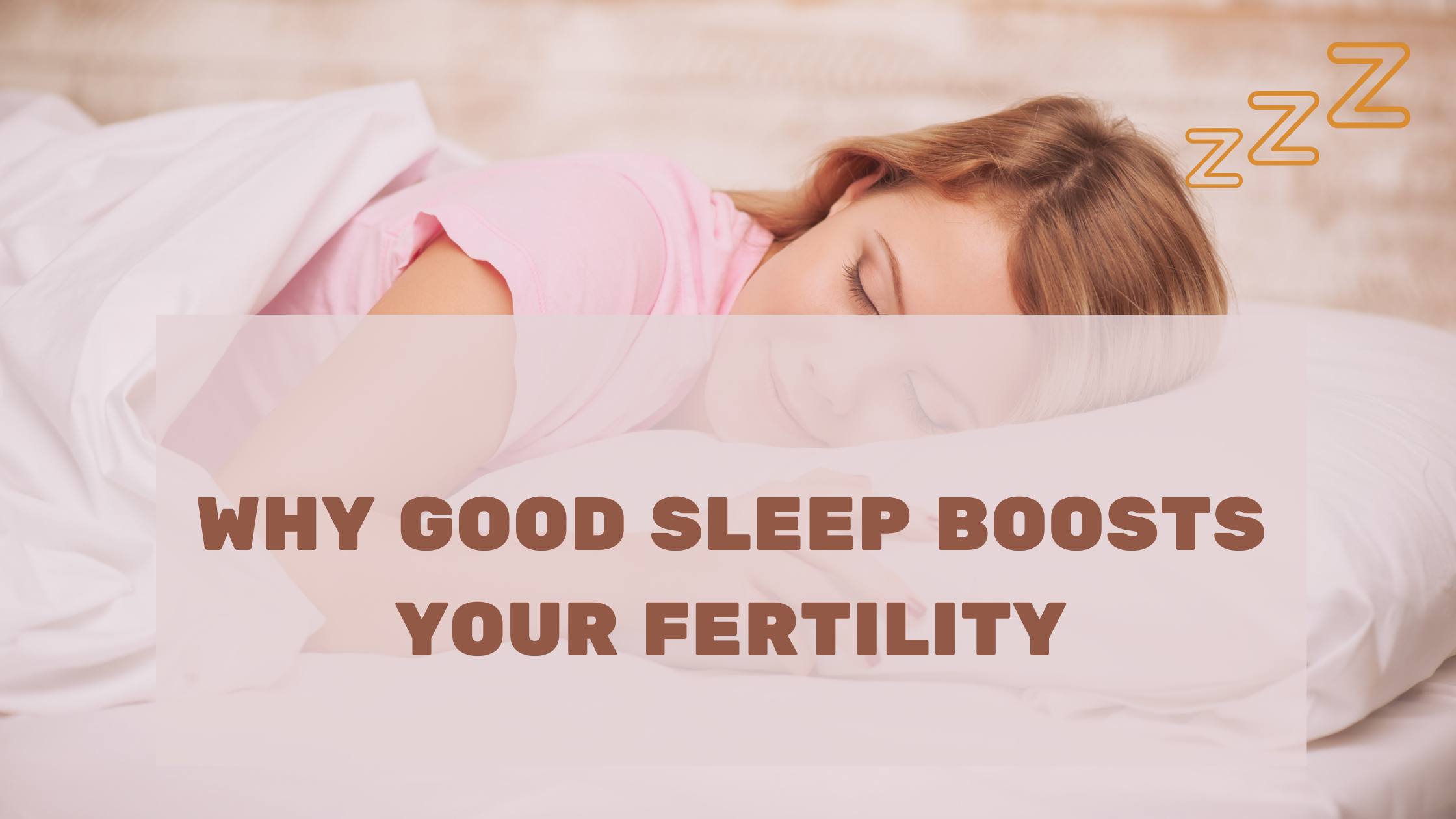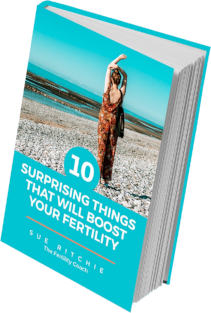
09 Aug Why good sleep boosts your fertility
I have been through different phases in life where there have been times when getting off to sleep and having a good night’s sleep have been easy. There have also been times when I’d be distraught, thinking that I would never get a good night’s sleep again.
If we have the odd night when we have not really slept or felt that we probably haven’t actually had a wink of a sleep, we will make it up and it won’t have a drastic impact on our health. It’s when we are not sleeping well on a regular basis that it starts to impact on our physical and mental health and also on our fertility.

When you get a good night’s sleep, both your body and mind will be rejuvenated and you’re likely to feel much better throughout the next day.
Unfortunately, in the UK, the average adult gets just 6 hours 20 minutes sleep a night. The recommended amount though is 8 hours.
It’s also estimated that 1 in 3 people in the UK suffer from insomnia or sleep deprivation.
60% of people aren’t content with their sleep.
Common causes of problems with sleep
The most common causes of sleep issues is stress, anxiety, depression and noise.
But did you know that drinking alcohol also decreases sleep quality by 39.2% for women. This is after consuming 1 serving of alcohol and for 2 servings for men. Yet, a lot of people feel that drinking alcohol actually helps them to sleep.
Another factor, that has an impact on our ability to sleep is using technology right up until we go to bed at night.
Are you glued to your laptop, smart phone or tablet up until the time you get into bed or in bed?
Have you got to have one more scroll down your social media before you switch the light out? Are you still on social media after midnight?
Are you binge watching on TV and just having to stay up to finish that last episode on that box set with the result that you stayed up later than you intended?
Unfortunately, these gadgets are not just preventing you from sleeping well, they can also be getting in the way of your ability to conceive.
Here’s why it’s time to switch off
The blue light from your electronic gadgets suppresses melatonin and interferes with your sleep-wake cycle. Melatonin is a key hormone that both helps you sleep and protects your eggs when they are close to ovulation. Melatonin also plays a key role in male fertility as it increases the energy of sperm making them more agile and improves the quality. When you don’t get enough sleep, your body will not produce the correct amounts of hormones. This applies to both men and women.
Lack of sleep can cause you to feel irritable and emotional and this will have an impact on your relationship with your partner and it can also reduce your sex drive. Certainly, I think we all know that when we are tired, the last thing we want to do is to have sex.
Some tips for getting a good night’s sleep
Getting a good night’s sleep is good for your health and will boost your fertility.
Here’s some tips on how you can improve your sleep:
- Switch off all technology at least 1 hour before bed.
- Get televisions and computers out of the bedroom.
- Have a relaxing warm bath, listen to a guided meditation or calming music, read a book.
- Practice some deep breathing exercises.
- Focus on all the things you have achieved during the day and not all the things you haven’t got done.
- Write your to do list for the next day at the end of work and leave it there
- Drink a cup of Chamomile tea an hour before you go to bed.
- Reduce stress and anxiety by practising meditation daily
- Make sure that you get regular daily exercise
- Get out into nature
- Don’t watch scary films or programmes before you go to bed
- Switch off from watching the news
Getting enough Sleep when trying to Conceive
Sleep is one of the lifestyle factors that can directly impact your chances of conception. It goes without saying that you should try to ensure you’re getting enough sleep every night. When paired with a healthy diet and lifestyle and getting the right nutritional supplements, getting enough sleep really can make a difference to fertility.
You can read more about diet and fertility in this article.


Leave a Comment: